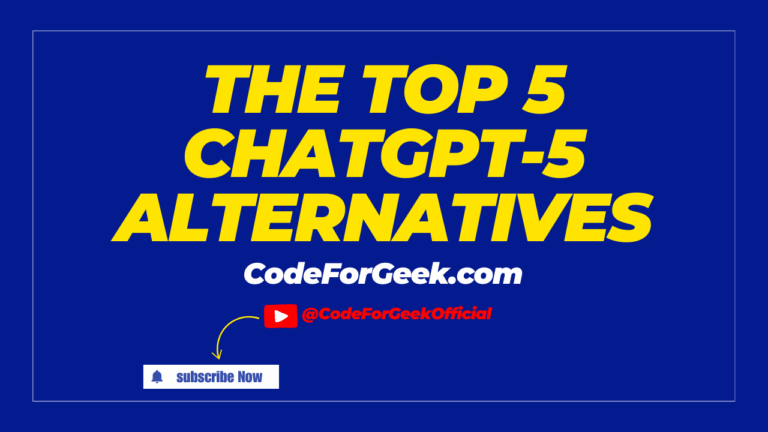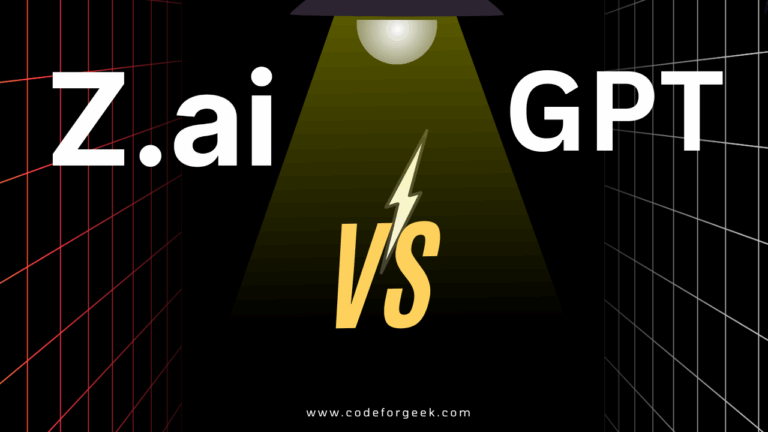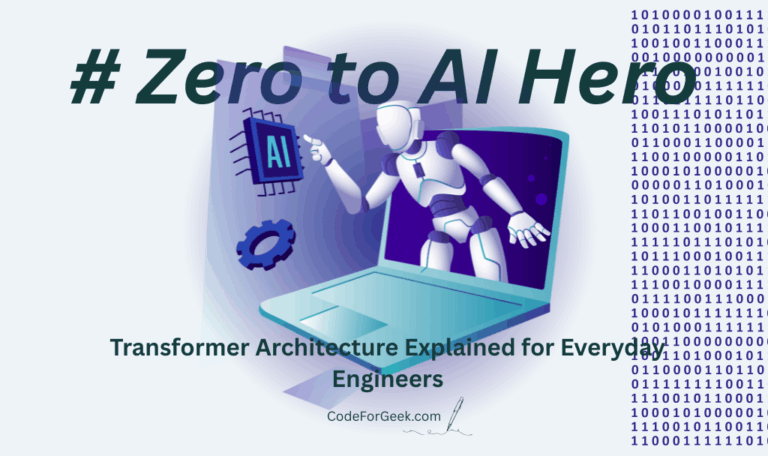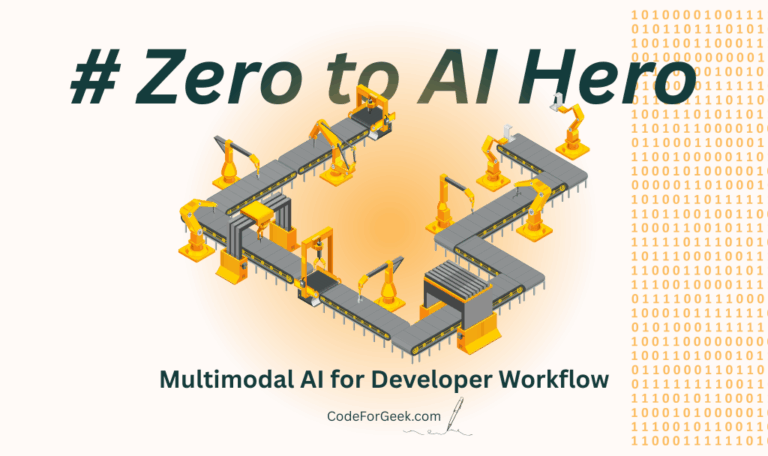New to Rust? Grab our free Rust for Beginners eBook Get it free →
The Top 5 ChatGPT-5 Alternatives (Including GPT-4o)

I am going to be completely honest with you about what happened with GPT-5. When OpenAI launched it on August 7, 2025, they expected celebration but got a user revolt instead.

The problems started immediately. Users flooded Reddit with complaints that GPT-5 felt “cold,” “robotic,” and “soulless” compared to the old GPT-4o model. One Reddit thread titled “GPT-5 is horrible” got over 6,000 upvotes and 2,300 comments from frustrated users, I was one of them.

The core issues that make people seek alternatives include the personality problem where GPT-5 responses became overly formal and clinical, losing the warmth and conversational charm that made ChatGPT popular. Users also faced stricter usage limits with ChatGPT Plus subscribers hitting message caps in just an hour instead of having reasonable daily allowances.
Perhaps most frustrating was OpenAI removing access to older models without warning, forcing everyone onto GPT-5 whether they wanted it or not. This broke many established workflows and custom GPTs that users had spent months perfecting.
Technical problems made things worse, including a malfunctioning router that sent queries to cheaper, less capable models instead of the premium ones users paid for. Response times became sluggish, taking minutes instead of seconds for basic queries.
Sam Altman himself admitted “I think we totally screwed up some things on the rollout” and acknowledged the backlash was “a little more bumpy than we had hoped for”. The company quickly scrambled to bring back GPT-4o and make GPT-5 “warmer and friendlier” after the user uprising.
Ohh! That’s too much talk, let’s get back to the topic for which you are here: the 5 best ChatGPT alternatives in 2025, each AI tool offering unique strengths.
AI Tools Better Than ChatGPT-5
1. Claude AI: The ChatGPT Alternative for Deep Reasoning
Many users call Claude the best alternative to ChatGPT because of its superior reasoning abilities and conversational depth. Professional users appreciate Claude’s ability to handle complex tasks and maintain context across long conversations. Claude, developed by Anthropic, has built a loyal following as an AI assistant for writers and analysts who need nuanced, thoughtful replies.
2. ChatGPT-4o: Still the Most Human-Like Alternative to ChatGPT-5
The next alternative actually comes from OpenAI itself, yes, it’s none other than our favourite ChatGPT-4o. Many users say ChatGPT-4o still feels warmer, more natural, and more “human” than GPT-5. It balances speed, reasoning, and personality in a way that made people fall in love with ChatGPT in the first place. After the GPT-5 backlash, OpenAI even had to bring 4o back due to popular demand. If you want familiarity, stability, and conversational charm, 4o remains the safest bet.
3. Perplexity AI: The Best AI Chatbot for Research and Fact-Checking
Reddit users are genuinely enthusiastic about Perplexity, an AI chatbot like ChatGPT that provides sourced answers and reduces reliance on search engines. Users consistently praise getting “better results most of the time with Perplexity” compared to traditional search engines. The combination of AI intelligence with real-time web access and source citations has created a devoted user base among researchers and fact-checkers who value accuracy and transparency.
4. Google Gemini: A Multimodal AI Tool Like ChatGPT
Google Gemini is one of the most advanced AI chatbots, rivaling ChatGPT in 2025 with multimodal capabilities across text, images, audio, and video. Great for creative, multimodal projects. But you stay in Google’s gardens and pay. But with a generous free tier, Gemini is often seen as the best free ChatGPT alternative for students and creators experimenting with AI projects.
5. DeepSeek: A Cost-Effective AI Coding Copilot
Developers call DeepSeek the best AI coding copilot they have ever used, praising its speed, affordability, and reliable performance. The tool has gained a devoted following among developers who appreciate both its technical capabilities and budget-friendly pricing, which makes AI development accessible to smaller teams and individual creators.
| Tool | Best For | Key Strength |
|---|---|---|
| Claude AI | Analysts and writers | Deep reasoning and context |
| Google Gemini | Students and content creators | Multimodal projects + long memory |
| Perplexity AI | Researchers and fact-checkers | Sourced, accurate answers |
| ChatGPT-4o | Everyday professionals & students | Natural, warm conversations + stable workflows |
| DeepSeek | Developers and startups | High-quality, affordable code suggestions |
| Feature | Claude AI | Google Gemini | Perplexity AI | ChatGPT-4o | DeepSeek |
|---|---|---|---|---|---|
| Context Window | 1 000 000 tokens | 300 000 tokens | 200 000 tokens | 250,000 tokens | 1 000 000 tokens |
| Free Tier Availability | Yes | Yes | Yes | Yes | No |
| Source Citations | No | Limited | Yes | No | No |
Why You Shouldn’t Rely on Just One AI Tool
The brutal truth is that GPT-5’s launch problems highlighted how important it is to have alternatives. Many users learned the hard way that putting all their AI workflows into one basket with OpenAI was risky. The smart approach now is using multiple tools for different purposes, so you are not left scrambling when one company makes bad decisions that break your established workflows.
- For coders and deep thinkers: Claude 4 Opus
- For researchers and fact-checkers: Perplexity Pro
- For multimedia creatives and long memory: Gemini 2.5 Pro
- For open-source customization on a budget: Mistral Medium 3
- For live social/web insights: Grok 3
- For early open-source outperformers: DeepSeek R1
Pick the right tool based on your use case, whether you want integration into workflows, coding help, or a productivity boost.




